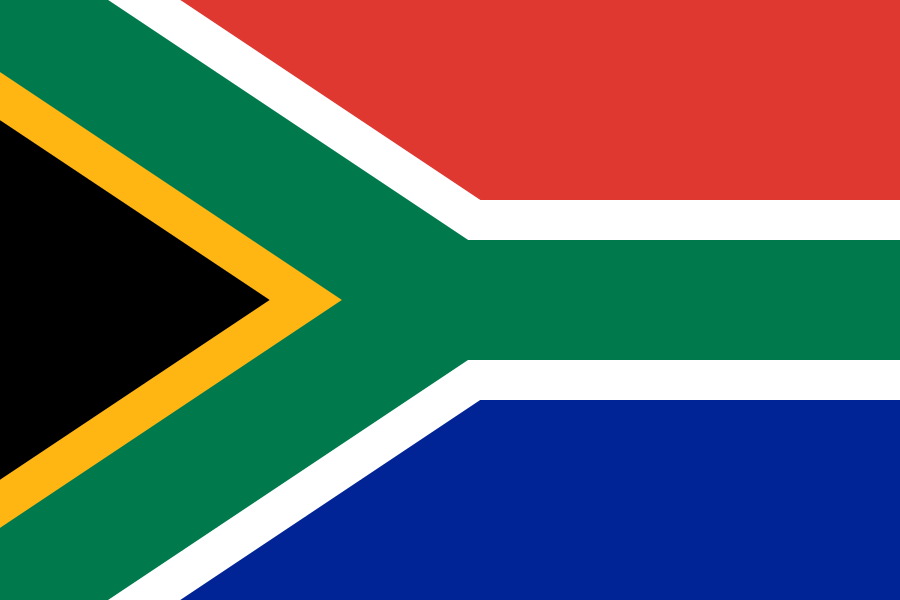Dutch traders landed at the southern tip of modern day South Africa in 1652 and established a stopover point on the spice route between the Netherlands and the Far East, founding the city of Cape Town. After the British seized the Cape of Good Hope area in 1806, many of the Dutch settlers (Afrikaners, called "Boers" (farmers) by the British) trekked north to found their own republics in lands taken from the indigenous black inhabitants. The discovery of diamonds (1867) and gold (1886) spurred wealth and immigration and intensified the subjugation of the native inhabitants. The Afrikaners resisted British encroachments but were defeated in the Second South African War (1899-1902); however, the British and the Afrikaners, ruled together beginning in 1910 under the Union of South Africa, which became a republic in 1961 after a whites-only referendum. In 1948, the Afrikaner-dominated National Party was voted into power and instituted a policy of apartheid - the separate development of the races - which favored the white minority at the expense of the black majority. The African National Congress (ANC) led the opposition to apartheid and many top ANC leaders, such as Nelson MANDELA, spent decades in South Africa's prisons. Internal protests and insurgency, as well as boycotts by some Western nations and institutions, led to the regime's eventual willingness to negotiate a peaceful transition to majority rule. The first multi-racial elections in 1994 following the end of apartheid ushered in majority rule under an ANC-led government. South Africa has since struggled to address apartheid-era imbalances in decent housing, education, and health care. ANC infighting came to a head in 2008 when President Thabo MBEKI was recalled by Parliament, and Deputy President Kgalema MOTLANTHE, succeeded him as interim president. Jacob ZUMA became president after the ANC won general elections in 2009; he was reelected in 2014.
South Africa is a parliamentary republic.
Source: CIA World Factbook
Members:
Resources
Displaying 26 - 30 of 94Expropriation Act
To provide for the expropriation of land and other property for public and certain other purposes; and to provide for matters connected therewith.
Subdivision of Agricultural Land Act, 1970
BE IT ENACTED by the State President, the Senate and the House of Assembly of the Republic of South Africa, as follows:-
1. In this Act, unless the context otherwise indicates(i) “agricultural land” means any land, except-
Deeds Registries Act 47 of 1937
To consolidate and amend the laws in force in the Union relating to the registration of deeds…1. (I) There shall be deeds registries at Cape Town, Kingwilliamstown, Kimberley, Vryburg, Pietermaritzburg, Pretoria and Bloemfontein, each to serve its respective area as defined in the Second Schedule to this Act. The Rand townships registration office at Johannesburg, shall also be a deeds registry, but only in connection with the registration of documents relating to immovable property in any township in the area served thereby as defined in the said Schedule.
Environmental Management: Integrated Coastal Management Amendment Act, 2014 (No. 36 of 2014).
This Act amends the Integrated Coastal Management Act, 2008 with respect to a wide variety of matters including composition coastal public property, access fees, purposes for which coastal public property is established, reclamation of land by public authorities for state infrastructure and other purposes, the declaration of state-owned land as coastal public property, establishment of coastal management lines for protection purposes, award of coastal use permits on coastal public property and unlawful structures on coastal public property.






